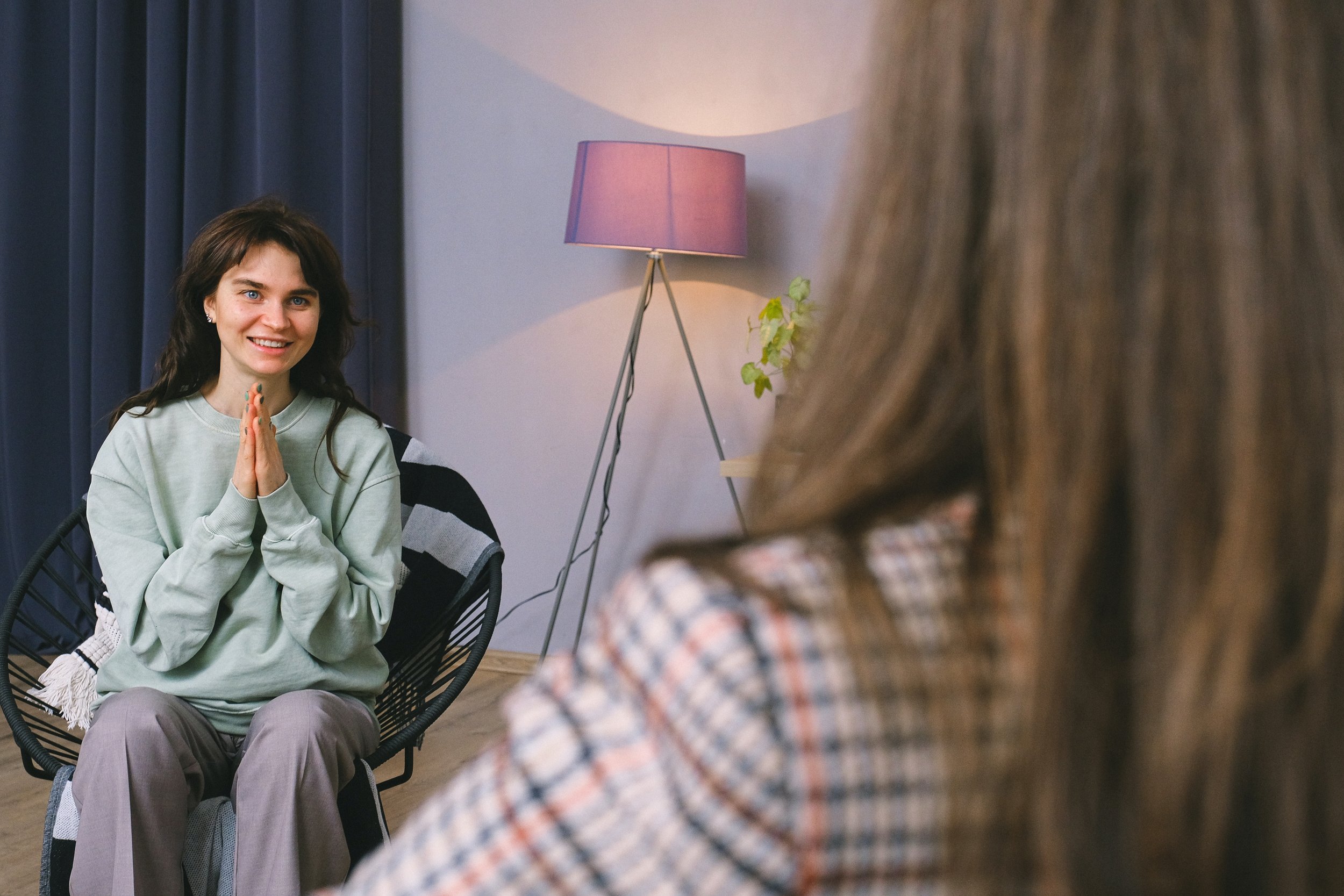Early Recovery: What to Expect in the First Year
Addiction is a serious disease that takes over a person’s life very quickly whether from long-term substance abuse, or in some cases from the very first experience of certain drugs. While there are similarities in behavior, emotional, and physical changes among individuals struggling with dependence issues, no two people will follow the same path to recovery. Each person’s case is uniquely influenced by several biological, psychological, and social factors such as age, gender, length of substance abuse, the substance being abused, and family history. However, even with so many influencing factors, most recovering people will go through similar stages on their journey to long-term sobriety.
Early recovery, which is often considered the first 90 days of sobriety, is a period of both great significance and risk because those in this stage have not only recently stopped using their substance of choice, but they are also establishing new patterns to help them remain well for the long-term. Early recovery is also a time of great vulnerability, because those grappling with intense cravings have yet to completely establish a healthy foundation. It is also a time where all of one’s choices should be examined closely, and it may be important to recognize that it is time to let go of certain people, activities, and behaviors that have been significant parts of their lives while pursuing substances.
While there are multiple paths of recovery, most begin in the detox phase, which can last anywhere from 5 days to three weeks depending on the type of substance used, along with the duration, frequency, and type of administration (e.g. oral, IV, snorting). After the detox phase, people typically choose to either continue through the continuum of care, immerse themselves in peer support meetings such as Alcoholics Anonymous or Narcotics Anonymous, or do a combination of both treatment and peer-support meetings. It is Peace Club’s belief that most substance use issues are a symptom of cognitive/ behavioral/emotional issues- mental health disorders. Thus, we almost always recommend some type of professional psychological and psychiatric treatment with peer support involvement.
One important truth to keep in mind is that relapse is not uncommon during early recovery, because those who have spent months or years devoted to their addiction haven’t fully developed the knowledge, life skills, and practices to prevent them from falling back into another pattern of use. Other times, people experience what is referred to as a “lapse” or “slip-up.” When this occurs, people tend to enter into a state of shame, which has a tendency to trigger a longer period of use, known as a relapse, instead of immediately reaching out to a friend, family member, sponsor, or treatment provider and letting them know what has happened.
In sum, the first 90-days, which is considered “early remission” from the substance of use, it is necessary to continue to take small but significant steps in understanding yourself and your triggers, educating yourself and those around you about the recovery process, and put into practice a healthy lifestyle across all dimensions of a person’s life- biologically, psychologically, relationally, and spiritually or existentially.
Some important things to remember:
Learn to ask for help – You are not alone
Avoid high-risk situations
Make time for your recovery by attending self-help recovery groups
Develop healthy eating, sleeping, exercise, and habits
Get involved in healthy activities
Reevaluate your lifestyle periodically and be grateful for your recovery, your life, and the people in it
Be open about your thoughts and feelings
Don’t be afraid to take medication if it is necessary in helping with cravings, mood, and sleep.
There are multiple paths of recovery, so do not let someone tell you there’s only one way.
Any path of recovery includes being open with people, asking for help when you need to, and putting into practice healthy living habits…it’s not just about not using a substance.


